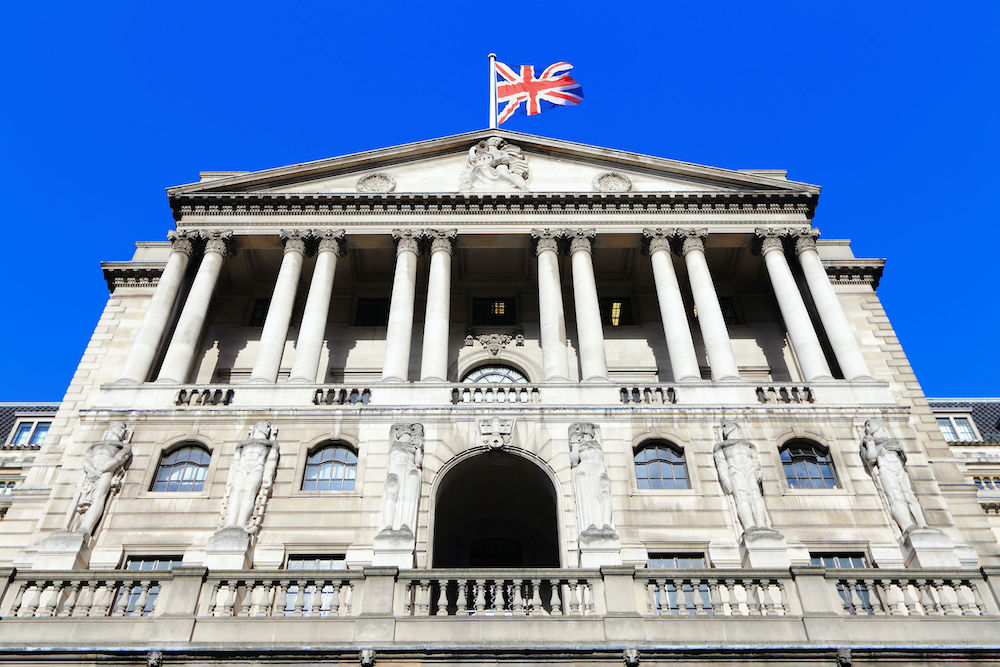The relationship between the Labour Party and the United Kingdom's banking sector is undergoing a notable shift. Led by Keir Starmer, the Labour Party has extended an olive branch to banks, indicating a desire for stability and a balanced approach towards the financial sector's tax regime. This repositioning could have far-reaching implications for both banks and consumers.
Keen to demonstrate a pro-growth attitude, the Labour Party has indicated it will not impose punitive windfall taxes on banks or alter the Bank of England's current interest payment practices on deposits. This decision is seen as a peace offering to an industry wary of potential regulatory upheavals.

At the heart of Labour's financial propositions is a significant review of the mortgage market. The party has proposed to examine the potential benefits of longer-term fixed rate mortgages, aiming to shield homeowners from the vagaries of interest rate changes and to bolster access to home ownership. It's a noteworthy statistic that currently only 3% of UK residential mortgage deals offer an initial term surpassing 10 years, illustrating the nascent nature of this market segment.
Despite this, Labour's financial roadmap isn't without its detractors. The party's commitment to set up and support as many as 350 ‘banking hubs' stands in stark contrast to banks' efforts to trim costs, often by reducing physical branch networks. This initiative is designed to breathe new life into communities hit hard by the retreat of traditional banking services.
One of the marquee schemes of the Labour Party is the ‘Freedom to Buy' program, which aims to assist 80,000 first-time buyers over a five-year span. While ambitious, analysts suggest that the impact on banks' profitability may be minimal considering the high volume of mortgages processed annually.
YOUR CAPITAL IS AT RISK. 76% OF RETAIL CFD ACCOUNTS LOSE MONEY.
The UK's financial sector, a major contributor to public coffers with over 110 billion pounds in taxes or 12.3% of total receipts in 2023, is at a crossroads. The Financial Conduct Authority mandates that financial firms prioritise customer needs, yet billions of pounds remain in low-interest accounts, hinting at a discrepancy between regulatory goals and consumer outcomes.
Analysts are weighing in on Labour's approach, suggesting that while there are certainly pro-growth elements that may benefit banks, some policies could, conversely, undermine profitability in the long term. Notably, banks typically mitigate risks associated with longer-term mortgages through interest rate swaps, but the escalating costs of these financial instruments, fuelled by political uncertainty and swelling inflation, present an additional challenge.
Labour's pursuit of a more consumer-focused approach to lending has the potential to shake up the UK banking industry. Although the policies are crafted with the public interest in mind, they represent a delicate balance between fostering growth and preserving profitability for banks. Only time will tell whether this effort to recalibrate the financial landscape will pay dividends or if it will put pressure on the very institutions that are integral to the country's economic fortitude.
Searching for the Perfect Broker?
Discover our top-recommended brokers for trading or investing. Dive in and test their capabilities with complimentary demo accounts today!
- eToro Top stock trading platform with 0% commission – Read our Review
- Admiral Markets More than 4500 stocks & over 200 ETFs available to invest in – Read our Review
- BlackBull 26,000+ Shares, Options, ETFs, Bonds, and other underlying assets – Read our Review
YOUR CAPITAL IS AT RISK. 76% OF RETAIL CFD ACCOUNTS LOSE MONEY










